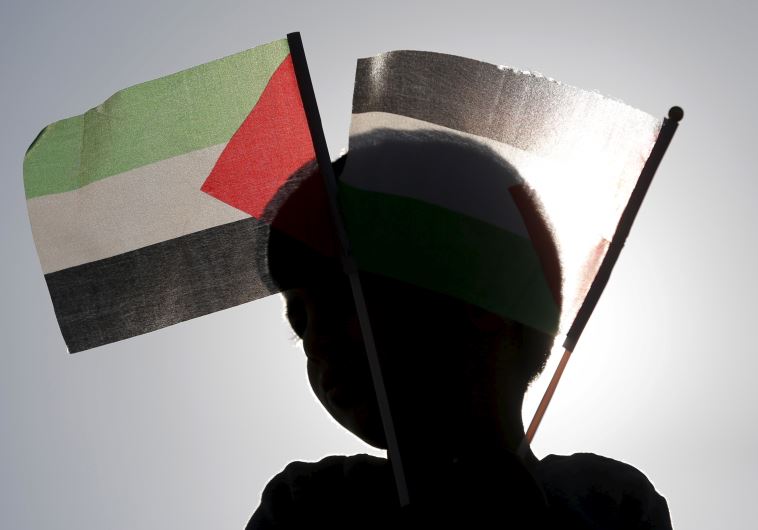Analysis: Israeli Arabs’ hostility to state leaves no room for compromise
Chance of agreement being destroyed by Balad and the Islamic Movement.
 A Beduin boy holds Palestinian flags as he takes part in a rally marking Land Day in Umm el-HiranUpdated:
A Beduin boy holds Palestinian flags as he takes part in a rally marking Land Day in Umm el-HiranUpdated: